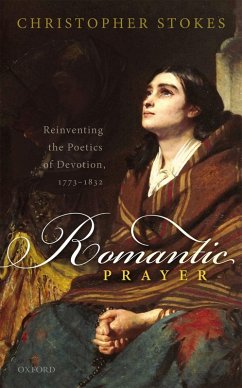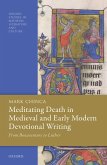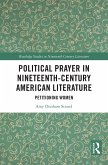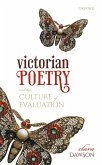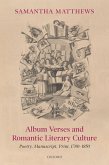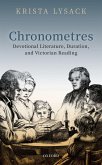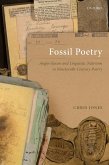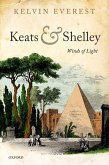Whilst religion and the secular have been continually debated contexts for literature of the Romantic era, the dominant scholarly focus has been on doctrines and denominations. In analysing the motif of devotion, Romantic Prayer shifts attention to the quintessential articulation of religion as lived experience, as practice, and as a performative rather than descriptive phenomenon. In an era when the tenability and rationality of prayer was much contested, poetry--a form with its own interlinked history with prayer--was a unique place to register what prayer meant in modernity. This study illustrates how the discourse of prayer continually intervened in the way that poetic practices evolved and responded to the religious and secular questions of the eighteenth and nineteenth-century moment. After laying out the details of prayer's historical position in the Romantic era across a spread of religious traditions, Romantic Prayer turns to a range of writers, from the identifiably religious to the staunchly sceptical. William Cowper and Anna Letitia Barbauld are shown to use poetry to reflect and reinvent the ideals of prayer inherited from their own denominational histories. Samuel Taylor Coleridge's work is analysed as part of a long engagement with the rationality of prayer, culminating in an explicit 'philosophy' of prayer; William Wordsworth--by contrast--keeps prayer at an aesthetic distance, continually alluding to prayerful language but rarely committing to devotional voice itself. John Keats, Percy Bysshe Shelley, and Lord Byron are treated in the context of departing from Christianity, under the influence of Enlightenment, materialist, and atheist critiques--what happens to prayer in poetry when prayer as a language traditionally conceived is becoming impossible to maintain?
Dieser Download kann aus rechtlichen Gründen nur mit Rechnungsadresse in A, B, BG, CY, CZ, D, DK, EW, E, FIN, F, GR, HR, H, IRL, I, LT, L, LR, M, NL, PL, P, R, S, SLO, SK ausgeliefert werden.

